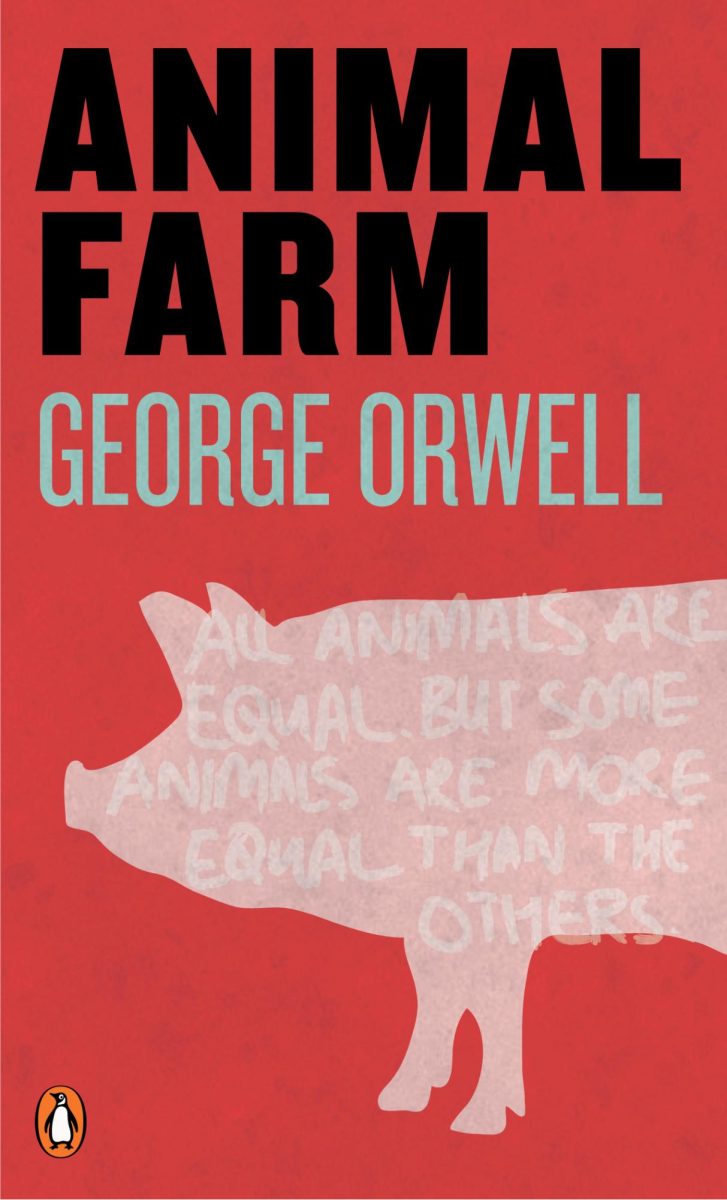The Good
Orwell’s writing has retained its status as one of the masters and craftsmen of classic novels for a reason. His story is a quick and concise commentary on historical events and oppressive regimes that transcend his 112 page novel. His use of animals to convey his allegorical narrative is more impactful as it reminds the reader of how easily humanity can be reduced. He uses manipulation to illustrate the pressures under which all sentient life can collapse under. At the same time, his paradoxical spin on the way humans and animals react to corruption emphasizes how we share a rudimentary reaction when placed under duress.
The Bad
While the introduction to the story has the narrator claiming that Orwell is a poet who writes in prose, we found his writing to be disjointed and lacking flow. The events that unfolded were a little predictable, however, their symbolism was relevant and important. There were points where the reader is left questioning the reality of the situation on the farm, leaving us to wonder who is unreliable: the narrator or the characters themselves.
The Ugly
While nothing is necessarily ugly about this story, it is definitely reflective of its time and some of the writing does not age well. The truly ugly part is that after its 80 years of sitting on our shelves, Orwell’s words did not permeate the human conscience as intended upon inception. It is no wonder that Animal Farm consistently makes banned book lists since it brings attention to relevant issues and his warnings have not been heeded.





















